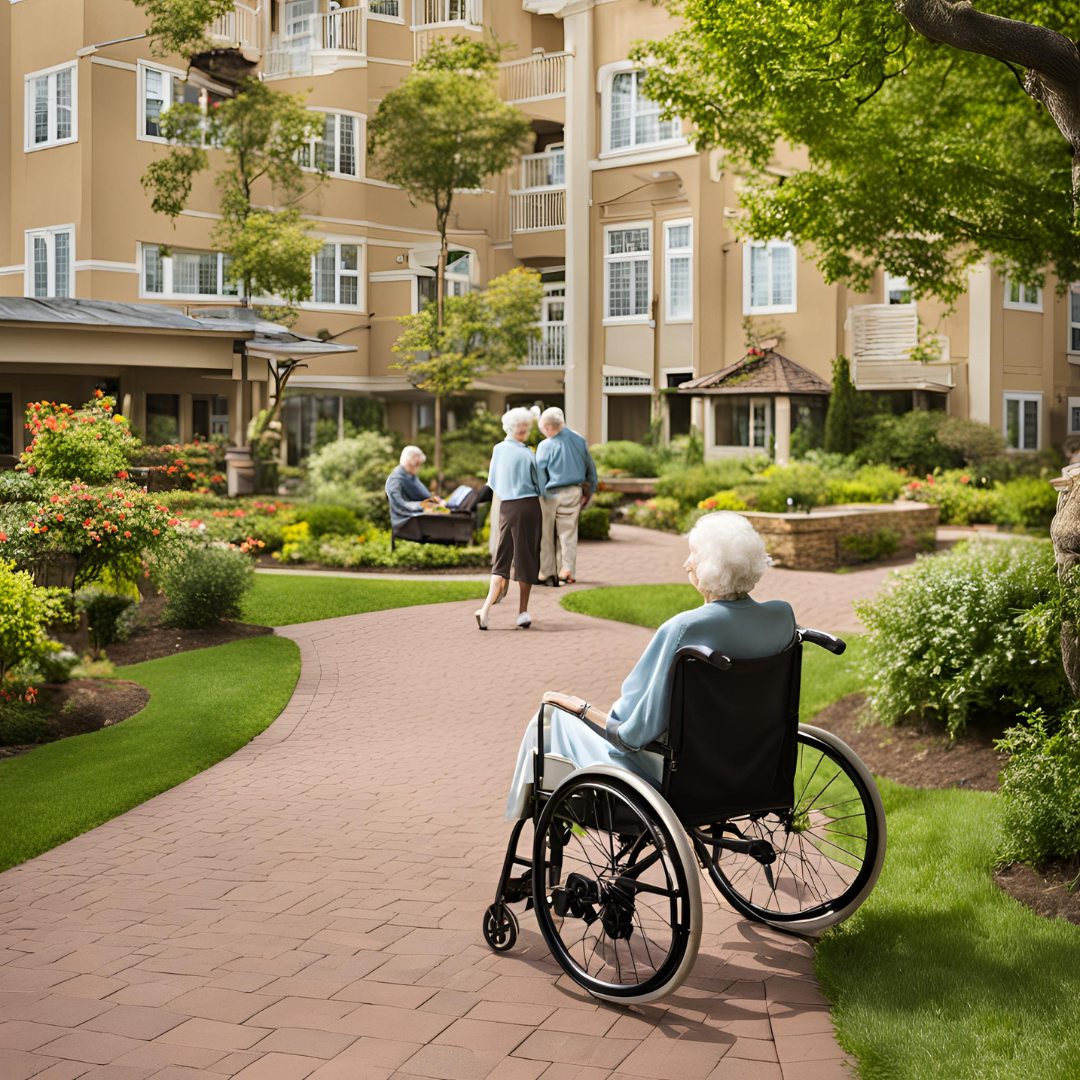Aging brings unique challenges, but it also opens doors to new possibilities for a fulfilling and enriching life. For many seniors, assisted living provides the ideal balance of independence, support, and community. These thoughtfully designed environments cater to the physical, emotional, and social needs of seniors, helping them maintain their dignity and vitality as they age.
In this article, we’ll explore the many ways assisted living enhances the quality of life for seniors and provides peace of mind for their families.
What is Assisted Living?
Assisted living is a type of senior care that bridges the gap between independent living and full-time medical care. Residents enjoy their own private spaces while having access to assistance with daily activities, such as:
- Bathing, dressing, and grooming.
- Medication management.
- Meal preparation and nutrition.
- Housekeeping and transportation.
The goal of assisted living is to provide personalized care that allows seniors to maintain as much independence as possible while ensuring their safety and well-being.
How Assisted Living Enhances Quality of Life
1. Fostering Independence with Personalized Support
Assisted living communities strike a delicate balance between offering help and encouraging independence. Trained staff members provide the right level of assistance tailored to each resident’s needs, allowing seniors to maintain autonomy in their daily lives.
By removing the burden of household chores and offering support for personal care, assisted living allows residents to focus on activities they enjoy, whether that’s pursuing hobbies, socializing, or exploring new interests.
2. Improving Physical Health
Access to on-site healthcare services and wellness programs plays a vital role in enhancing the physical health of seniors in assisted living. Key benefits include:
- Medication Management: Staff ensure that medications are taken correctly and on time, reducing health risks.
- Nutritious Meals: Balanced, dietitian-approved meals support overall health and address conditions like diabetes, heart disease, or hypertension.
- Fitness Opportunities: Seniors can participate in exercise programs tailored to their abilities, promoting mobility, balance, and strength.
3. Promoting Emotional and Mental Well-Being
Emotional health is critical to a senior’s quality of life. Assisted living communities offer a variety of resources to nurture emotional and mental well-being, such as:
- Social Interaction: Group activities and shared meals reduce feelings of loneliness and isolation.
- Therapeutic Services: Access to counselors or therapy programs helps seniors manage stress, anxiety, or depression.
- Cognitive Activities: Games, puzzles, and educational programs help keep the mind sharp and engaged.
With consistent emotional support and a vibrant social network, residents experience a greater sense of belonging and happiness.
4. Building Community and Social Connections
One of the most significant benefits of assisted living is the opportunity for seniors to form meaningful relationships. Community events, shared spaces, and structured group activities foster friendships and reduce isolation, which can have a profound impact on mental and physical health.
From book clubs and art classes to movie nights and gardening groups, there’s something for everyone. These connections provide seniors with a sense of purpose and companionship, enriching their daily lives.
5. Creating a Safe and Secure Environment
Safety is a top priority in assisted living communities. Features like 24/7 staff availability, emergency call systems, and secure facilities provide residents and their families with peace of mind.
For seniors with mobility challenges or medical conditions, this secure environment ensures they can receive immediate assistance if needed, reducing the risk of accidents or health emergencies.
6. Encouraging Hobbies and Lifelong Learning
Assisted living communities often offer a wide range of recreational activities and educational programs. Whether it’s art classes, music lessons, or technology workshops, these opportunities allow seniors to explore new passions, rekindle old hobbies, and continue learning.
Engaging in creative and intellectual pursuits stimulates the mind, boosts self-esteem, and adds joy to everyday life.
7. Providing Family Members with Peace of Mind
Caring for an aging loved one can be emotionally and physically demanding for families. Assisted living alleviates this burden by ensuring seniors are in a safe, supportive environment with access to professional care.
Family members can visit and enjoy quality time without worrying about caregiving responsibilities, strengthening relationships and reducing stress.
Choosing the Right Assisted Living Community
Not all assisted living communities are the same, so it’s essential to find one that aligns with your loved one’s needs and preferences. Consider factors like:
- The level of care provided.
- Available amenities and activities.
- The community atmosphere and culture.
- Proximity to family and friends.
Touring facilities, talking to staff, and reading reviews can help you make an informed decision.




